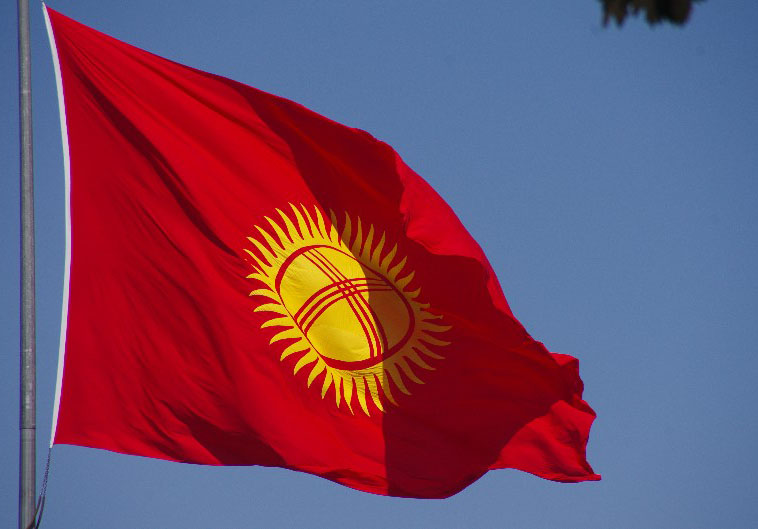
Jun 25, 2015 | News
The ICJ today welcomed the decisions by the Kyrgyz Supreme Court declaring illegal the recent government searches of the homes and offices of lawyers, and seizures of their legal files.
In three related cases, the Court upheld the findings of the Osh regional court that the searches of the homes of lawyers Valerian Vakhitov and Khusanbay Saliyev and lawyers’ offices at the NGO “Bir-Duyno-Kyrgyzstan” by officers of the State National Security Committee were contrary to Kyrgyz law.
The Supreme Court also dismissed the attempts by the Prosecutor’s Office to initiate disciplinary action against judges of the Osh regional court as a result of their decision in these cases.
The decisions are an important affirmation of the rule of law in the Kyrgyz Republic, and will strengthen the independence of both the judiciary and the legal profession, the ICJ said.
“These decisions of the Supreme Court are crucial for securing the independence and strengthening of the legal profession under the newly established Association of Lawyers and for the ability of judges to issue independent decisions based on law and facts,” said Olga Zimareva, one of two ICJ observers who were present at the hearing.
“It is a demonstration of the judiciary’s willingness and capacity to effectively uphold the rule of law and safeguard the fundamental role of lawyers,” she added.
The International Covenant on Civil and Political Rights, which is binding on the Kyrgyz Republic, protects the right to a fair trial including lawyer-client confidentiality.
Furthermore, Principle 16 of the UN Basic Principles on the Role of Lawyers upholds the duty of States to ensure that lawyers can perform all of their professional functions without intimidation, hindrance, harassment or improper interference.
International standards require that judges should not be subjected to disciplinary action for discharging their judicial function, as was requested by the Prosecutor’s Office in this case.
Principle 2 of the UN Principles on the Independence of the Judiciary makes clear that: “[t]he judiciary shall decide matters before them impartially, on the basis of facts and in accordance with the law, without any restrictions, improper influences, inducements, pressures, threats or interferences, direct or indirect, from any quarter or for any reason”.
Background
On 25 March 2015, Umar Farooq, a United States national and journalist, was arrested by officers of the State National Security Committee (SNSC), who seized a number of items in his possession including the business cards of two lawyers, Valerian Vakhitov and Khusanbay Saliyev.
On 28 March, Umar Farooq was expelled from the Kyrgyz Republic on grounds of collection of information without accreditation.
The investigator sought a search warrant for the premises of the two lawyers on the grounds that they could contain documents “necessary for the investigation”. This was done despite a clear guarantee against such an interference under Article 29 of the Law On Advokatura and Lawyers’ Activity of the Kyrgyz Republic stating that “requisitioning, seizure, examination, inspection, copying documents, collection and use of information related to legal assistance in a particular criminal case are allowed only in the case involving a lawyer as a defendant …”.
Judges K.M. Matisakov and B.T. Satybaldiyev issued warrants to the State National Security Committee to search the NGO premises where the lawyers worked and to search the residence of Valerian Vakhitov and Khusanbay Saliyev, in separate proceedings on 26 and 27 March. Officers of searched the homes of lawyers and the office of the human rights organization Bir-Duyno-Kyrgyzstan” and seized certain case materials of the two lawyers.
In a statement issued on 31 March 2015, the ICJ deplored the unlawful actions against the lawyers and underscored that an independent legal profession is fundamental to ensuring the fair administration of justice and right to a fair trial for all persons who come before the courts.
The issuing of the warrants was successfully challenged by lawyers before the Osh Regional Court which issued its decision on 30 April 2015. Before the Supreme Court, the Prosecutor’s Office sought affirmation of the lawfulness of searchers of lawyer’s homes and work premises as well as recognition of the lawfulness of seizure of case materials, both guarantees clearly protected by national law in Kyrgyz Republic and international law and standards on the role of lawyers and the right to a fair trial.
The Prosecutor also sought disciplinary measures against the judges of the Regional Court who decided in favour of the protection of the professional guarantees of lawyers, ruling that the searches and seizures of documents were illegal.
Two ICJ observers attended the hearings at the Supreme Court: Olga Zimareva, a lawyer practicing in the Russian Federation and Almaz Osmanova, a lawyer in the Kyrgyz Republic and chair of the Central Asian League of Lawyers.
The Supreme Court issued its decisions finding the searches and seizures of documents illegal, on 24 June 2015. The reasons for the decisions have not yet been published.
The ICJ will publish its legal analysis of the proceedings and the judgment of the Supreme Court in due course.
Contact
Róisín Pillay, Director, Europe Programme, roisin.pillay(a)icj.org
Temur Shakirov, Legal Adviser, Europe Programme, temur.shakirov(a)icj.org
Kyrgyzstan-Supreme Court Vakhitov Saliyev-News-Press release-2015-RUS (full text in PDF, Russian)
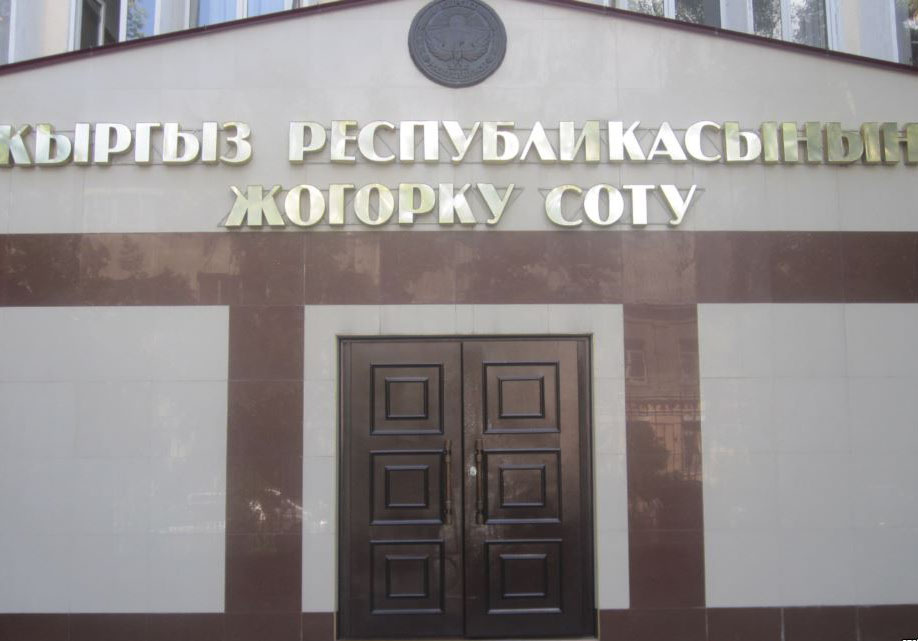
Jun 16, 2015 | News
On 17 June, the ICJ will observe proceedings before the Supreme Court of the Kyrgyz Republic concerning searches of the workplace and homes of lawyers Valerian Vakhitov and Khusanbay Salieyv by law enforcement agents.
The case concerns confidentiality of lawyer-client communications and seizure of lawyers’ files, in light of the prohibition of arbitrary interference with privacy, correspondence, and home.
The Supreme Court of the Kyrgyz Republic is to consider the challenge of the Prosecutor’s Office to the decision of the Regional Osh Court of 30 April 2015.
The prosecutor also seeks disciplinary measures against the judges of the Regional Court who decided in favour of the protection of the professional guarantees of lawyers, ruling that the searches and seizures of documents were illegal.
The ICJ trial observation mission includes Olga Zimareva, a lawyer practicing in the Russian Federation and Almaz Osmanova, a lawyer in the Kyrgyz Republic and chair of the Central Asian League of Lawyers.
Following the conclusion of the case, the ICJ will publish its analysis of the proceedings and the judgment of the Supreme Court of the Kyrgyz Republic in light of international human rights law and international standards on the independence of the judiciary and the role of lawyers.
Contact:
Róisín Pillay, Director, Europe Programme, roisin.pillay(a)icj.org
Temur Shakirov, Legal Adviser, Europe Programme, temur.shakirov(a)icj.org
Kyrgyzstan-Trial observation-News-Web story-2015-RUS (full text in PDF, Russian)
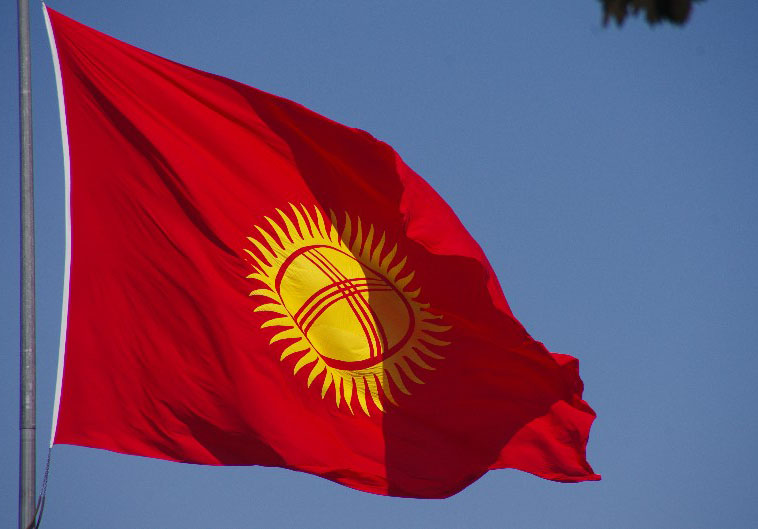
Apr 20, 2015 | News
The ICJ is concerned at reports that a police official has purported to terminate a lawyer’s representation of a client against the client’s wishes, in violation of the right to fair trial and international standards on the independence and role of the legal profession.
A.J. Uchkempirov, the investigator of the City Department of Internal Affairs (the city police department) of Karakol City, reportedly issued a ruling removing lawyer Nurkyz Asanova from representation of her client, Mr Ishen Abdyrashev.
The ICJ is particularly concerned given that the removal of lawyer Asanova comes while she is representing Mr Abdyrashev in a case alleging that he was subjected to torture by police officers in detention, and subsequently detained at a police officer’s home and forced to carry out unpaid work for one and a half months.
On 29 December 2014, Ishen Abdyrashev, assisted by lawyer Asanova, complained about these events and a criminal investigation was initiated.
The investigation has now been completed and a criminal trial is underway.
On 3 April 2015, Abdrashev himself was charged with robbery, which he denies.
Lawyer Asanova also represents him in the robbery case.
On 14 April, investigator Uchkempirov issued a ruling purporting to remove her, despite Mr Abdyrashev’s opposition.
The purported basis for the ruling was that Lawyer Asanova was in some way interfering with the investigation of the case.
The investigator had no authority under Kyrgyz law to issue such a decision.
Under international standards, such a decision could in any event only be taken by an appropriately independent authority following a regular and fair procedure, which was clearly not the case here.
According to the UN Basic Principles on the Role of Lawyers, for instance, “[n]o court or administrative authority before whom the right to counsel is recognized shall refuse to recognize the right of a lawyer to appear before it for his or her client unless that lawyer has been disqualified in accordance with national law and practice and in conformity with these principles” (Article 19).
This is an important guarantee for the right under international law of every person to be represented by a lawyer of their own choice, as protected by the International Covenant on Civil and Political Rights and recognized by the Basic Principles.
The Principles also recognize, further to the right to fair trial under the Covenant, that it is the obligation of the government to guarantee that lawyers are able to pereform their functions without “intimidation, hindrance, harassment or improper interference” and that they are able to consult with their clients both within their own country and abroad.
The investigator’s decision should be declared void and lawyer Nurkyz Asanova’s right to represent, to communicate with and to visit her client, should be fully recognized and respected.
Furthermore, the authorities must take steps to ensure that there is no further unlawful interference with Ishen Abdyrashev’s right to the lawyer of his choice.
Kyrgysztan-Lawyer Asanova_statement-News-web story-2015-RUS (full text in PDF)
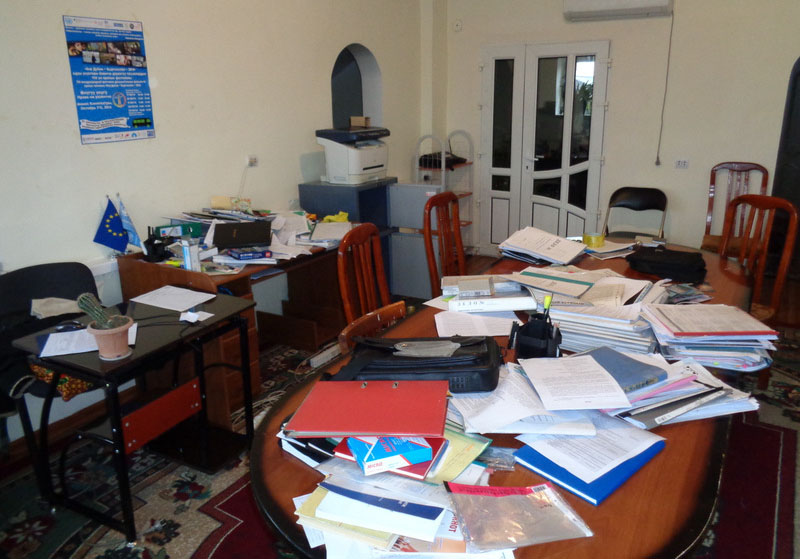
Mar 31, 2015 | Advocacy, News
The ICJ today expressed concern at searches of lawyers’ homes and workplace by Kyrgyz investigators in the city of Osh.
The home of lawyer Valerian Vakhitov and the office of the human rights organization “Bir-Duyno-Kyrgyzstan” (photo) where lawyers Valerian Vakhitov and Khusanbay Saliyev worked, were searched and materials of the lawyers’ cases were seized. The ICJ considers that the searches are violations of the right to confidential communication between a lawyer and his or her client.
The confidentiality of lawyer-client communications and lawyers’ files is protected in international human rights law as part of the right to a fair trial, as well as the prohibition of arbitrary interference with correspondence, privacy and (in this case) home.
The searches followed the arrest of Umar Farooq, a US citizen and journalist who reportedly conducted research on inter-ethnic tensions in the Kyrgyz Republic, in particular near the border with Uzbekistan.
On 25 March 2015, he was arrested by officers of the State Committee of National Security (SCNS) and a number of items in his possession were seized including recordings containing “statements on religious topics and clips of military activities”, copies of charges filed against clients of the two lawyers, A.M. Yusupov and I.I. Salibayev, and the business cards of the two lawyers.
On 28 March, Umar Farooq was expelled from the Kyrgyz Republic on grounds of collection of information without accreditation.
The investigator sought a search warrant for the lawyers’ premises on the grounds that they could contain documents “necessary for the investigation” in criminal case No. 082-15-0236.
Warrants to search the NGO premises where the lawyers worked and to search the residence of Valerian Vakhitov, were issued in separate proceedings on 26 and 27 March by judges K.M. Matisakov and B.T. Satybaldiyev.
According to the search warrant issued by the Court, the search of Lawyer Vakhidov’s home was authorized taking into account the “the need for a full, objective, comprehensive resolution of the crime, obtaining evidence necessary for the investigation of the case, inevitability of the punishment for a crime committed and for the purposes of national security”.
The same reasons were given to authorize searches of the office of “Bir-Duyno-Kyrgyzstan” Investigators seized computers, memory sticks, dictaphones and disks with information on cases in which the lawyers represented clients.
Lawyer Vakhitov reported that among other documents, files relating to nine cases in which he represented individuals before the UN Treaty Bodies, including communication with the UN bodies, had been seized.
The ICJ notes that the State Committee of National Security of the Kyrgyz Republic officially stated, on 30 March, that the searches of work and residence places of lawyers were “legal and within the framework of the CPC of the KR [Criminal Procedure Code of the Kyrgyz Republic]”.
On the same day, the Council of Advokatura, its main executive body, issued a statement calling on the Prosecutor General Indira Zholdubayeva “to take the strictest measures provided by law in regard to the officers of the State Committee of National Security which violated the guarantees of the independence of lawyers’ activity and integrity of lawyers”.
The ICJ considers that the searches are a clear violation of the law of the Kyrgyz Republic. According to Article 29 of the Law On Advokatura and Lawyers’ Activity the Kyrgyz Republic “requisitioning, seizure, examination, inspection, copying documents, collection and use of information related to legal assistance in a particular criminal case are allowed only in the case involving a lawyer as a defendant …”.
A criminal case against a lawyer may be initiated only by the Prosecutor General or her deputy (Article 29.3).
According to article 30 of the Law, information related to providing legal aid to clients is protected as lawyer-client privilege (…).
Read the full statement here:
Kyrgyzstan-Searches of lawyers-Advocacy-2015-ENG (full text in PDF)
Kyrgyzstan-Searches of lawyers-Advocacy-2015-RUS (Russian version in PDF)
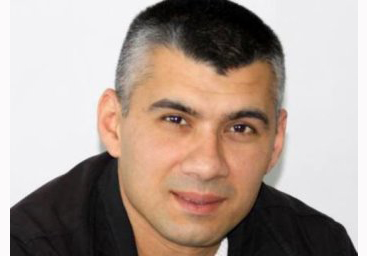
Jan 14, 2015 | News
The ICJ today expressed its concern at the prosecution and conviction of lawyer Shukhrat Kudratov by Dushanbe City Court on charges of fraud and bribery.









